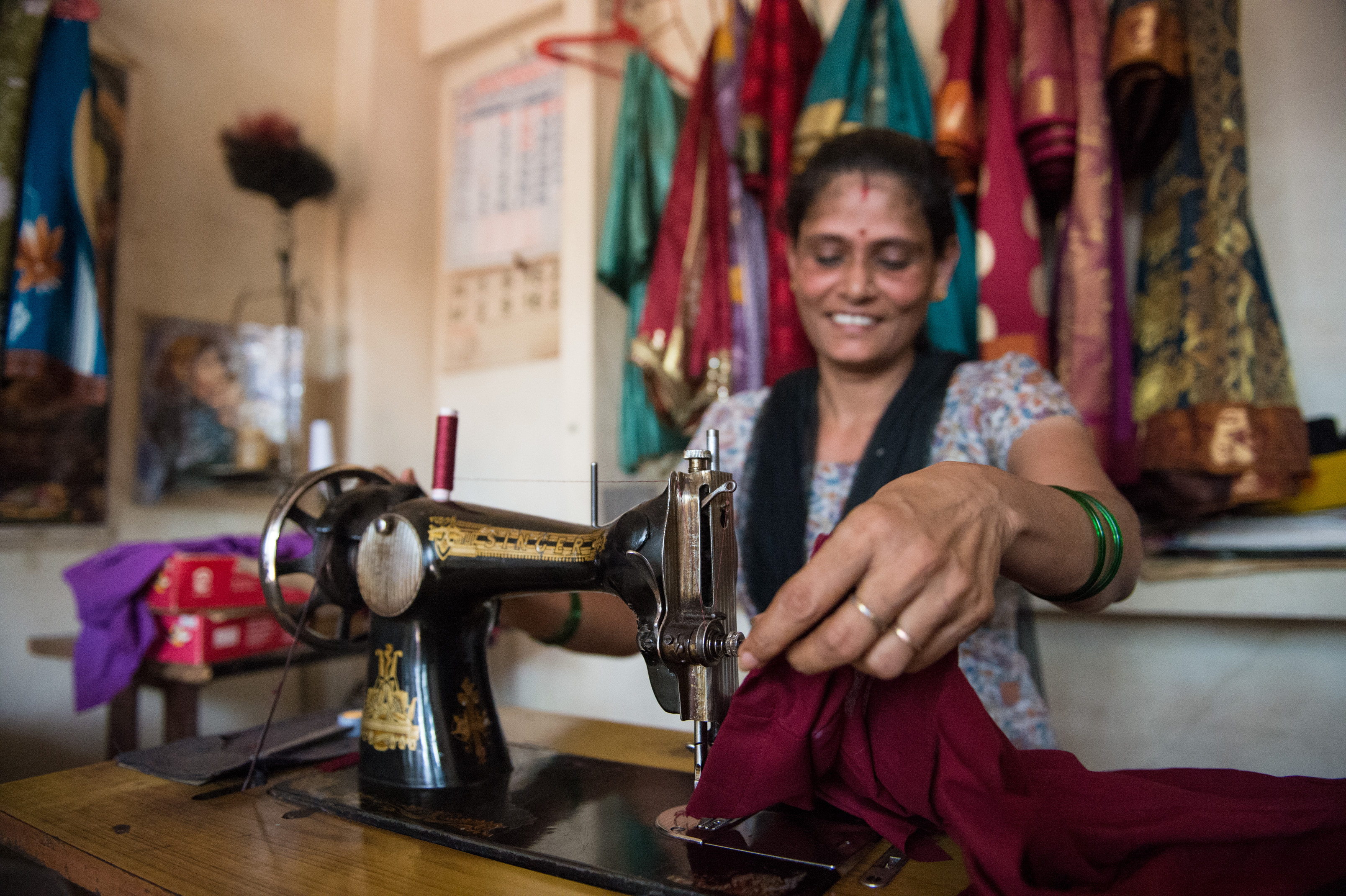After Movember came Dressember, and suddenly it’s January 2018 and I’m in a pair of shorts. I won’t pretend that I have any new appreciation for pants, that it was somehow difficult to wear only dresses – all day, every day – for 31 days.
It isn’t like the 40-Hour Famine, where you get a taste of what it means to go without.
It isn’t like the World’s Greatest Shave, where you sacrifice your vanity to stand in solidarity with cancer patients.
It isn’t like the Ice Bucket Challenge, where your friends pay to see you go through a mildly unpleasant but momentary experience (to raise money for … what was it again?).
It isn’t even like Do It In A Dress, where gals and guys alike wear a school dress to support education for girls in Africa.
The thing is, Dressember isn’t really a challenge at all – and I don’t think it wasn’t ever meant to be, even for those wearing dresses through this record-breakingly cold US winter.
In fact, the most difficult part of Dressember for me was swallowing my cynicism about such an ordinary, barely noticeable gesture purporting to fight sex trafficking while showcasing an item of clothing that could be said to perpetuate the patriarchy.

But what if the seeming insignificance of the act is the very point of it?
When we consider epic problems – be it slavery, war, climate change – we can feel overwhelmed. Something in us believes that only epic solutions can fix epic problems.
But isn’t that precisely the attitude that leads to good people doing nothing?
Dressember is really about a little thing done by a bunch of ordinary people to create small, perhaps, but nonetheless real, change.
And so it is in the fight against slavery.
Slavery permeates our everyday – the clothes we wear, the chocolate and fish we consume, the coffee that keeps us going, the electronic devices to which our eyes are glued.
And equally it will take everyday decisions – based on a greater awareness of how slavery permeates our everyday – to end it.
Slavery is an epic thing. Wearing a dress is an everyday thing.
But slavery is also – sadly – an everyday thing. It’s an everyday reality for over 40 million people. And for people like me, like us, wearing a dress can be – incredibly – an epic thing.

*
I’m not saying it was a total walk in the park, but Dressember was challenging for reasons other than what you might expect.
1. Making it visible. Wearing a dress in summer is not a conversation starter. Not even when you’re the only one playing beach volleyball with that much clothing on. It becomes a conversation starter when you ask someone to take a picture of you playing beach volleyball in a dress.
Designing and executing a semi-creative photo of myself every single day was harder than I expected, it not being something I do on a regular basis.

2. Making the most of it. To draw a clear connection between me wearing a dress and human trafficking, I decided to share a factoid or reflection with each post. That took more thought than my audience might imagine. But I was encouraged by the response, by people taking the time to read and comment on what I’d written.
And I was excited to have a platform for telling people why I do the work I do, why I am passionate about ending slavery. Dressember not only let me speak up – it provided my friends with a pathway to participation in the fight.

3. Making peace with my privilege. I spent the last week of Dressember on a cruise ship in the Caribbean and the irony was pretty bitter, I can tell you. I refer not only to the history of slavery in that part of the world, but to the jarring contrast of the luxury that I as a tourist enjoyed while the 1,500-odd crew members – from Madagascar, Honduras, the Philippines and a range of other developing countries – were on 11-month contracts, away from home and family, being paid not very much at all to change my towels twice a day, bring me way too much food, and make sure I didn’t drown in the 1.2-metre deep top deck pool.

See my complete Dressember gallery on Instagram: @la_suansita
Donations can be made to my Dressember 2017 efforts till the end of January 2018, thanks! https://dressember.funraise.org/fundraiser/hsuann-lee
#Dressember #itsbiggerthanadress #100percentDressember #UntilAllAreFree



1 comment